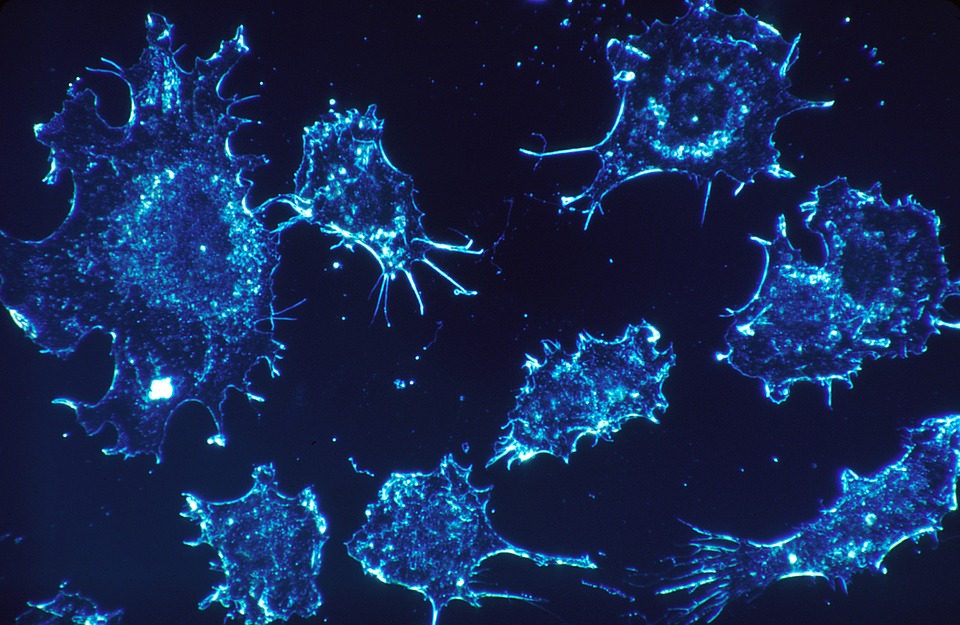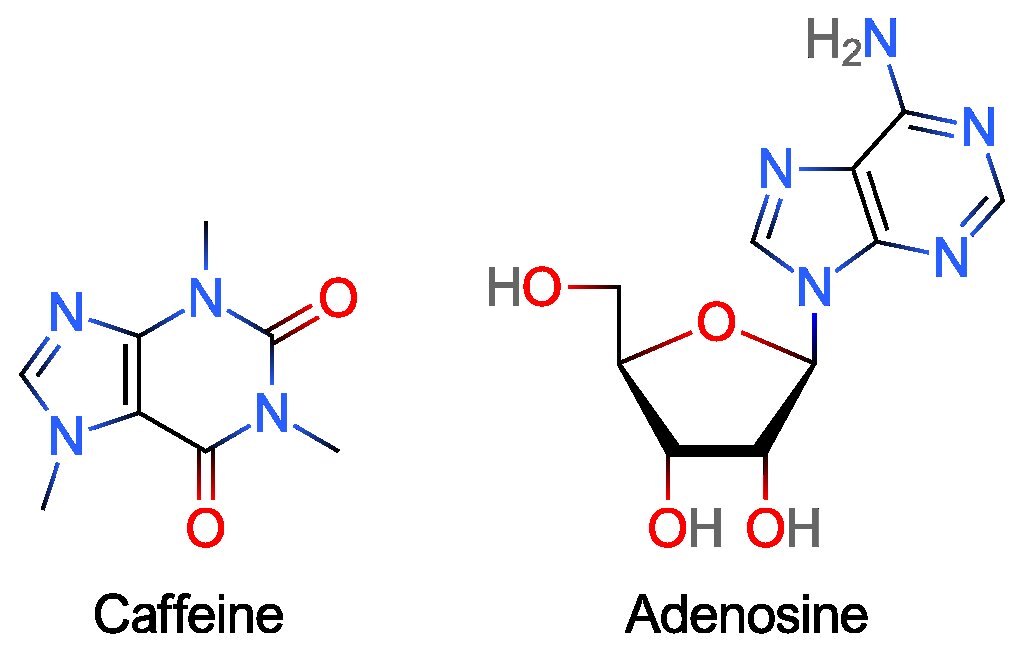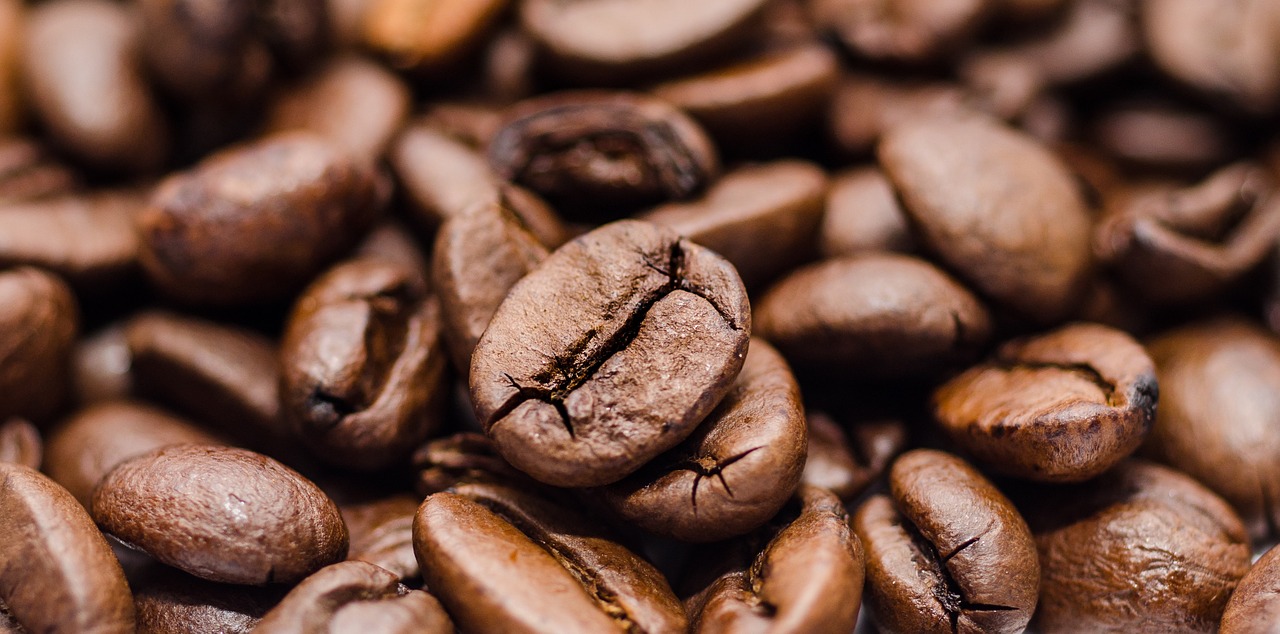You wake up early for school or work and find yourself yawning the whole commute, so naturally you go grab Starbucks or Tim Hortons to wake yourself up. Coffee is always associated with increased energy levels, however, have you ever wondered what other benefits it may impose towards your health? According to the Coffee Association of Canada, 72 % of Canadians reported drinking coffee yesterday. With coffee being the most consumed beverage by Canadians (even more than tap water), it is important to assess any potential health risks floating around.

Credit: Pexels
In the last couple years, many new researches have had a change of heart towards the effects of coffee on cancer. In 2016, the cancer agency of the World Health Organization removed coffee from its “possible carcinogen” list. On top of that, according to the World Cancer Research Fund, there is strong evidence that moderate consumption of coffee reduces liver cancer, and weak evidence in lowering other types of cancer. The reason behind this is that coffee contains a variety of phytochemicals, many of which have antioxidant properties.

Cancer cells Credit: Pixabay
Caffeine has become the most widely used phytochemical that is present in coffee. When consumed, it is absorbed into your blood stream where it then travels to your brain. This blocks the neurotransmitter adenosine due to the fact that that these two molecules have a very similar structure, allowing caffeine to bind to the adenosine receptors in the brain. This not only causes you to feel more awake but lowers your risk of hepatocellular carcinoma (HCC) which is the most common type of liver cancer. HCC is associated with the adenosine3A2A receptor, which can be blocked with increased coffee consumption. G Wiltberger from the University Hospital of RWTH found that HCC was observed less frequently in patients with a coffee intake of three or more cups a day as opposed to patients who had less than two cups a day.

Credit: Wikipedia
When coffee is roasted, the chemical acrylamide is produced due to exposure of the coffee bean to such high temperatures for an elongated period of time. California’s Proposition 65 suggests limits on daily consumption of certain chemicals, and they claim that consumption of 0.2 μg per day or higher of acrylamide may be correlated with causing cancer . The average cup of coffee contains 0.45 μg of acrylamide, therefore, research is being conducted to determine whether there is a positive correlation between acrylamide consumption and cancer. Nixon BJ conducted a study in 2012 and found that prolonged exposure to high levels of acrylamide can disrupt the DNA replication process by binding to DNA. This results in mutations and eventually cancer. However, his study was conducted on mice, and they metabolize acrylamide differently to humans. Therefore, the effects of acrylamide on causing cancer is still inconclusive.

Credit: Pixabay
For a food to go from the possible carcinogen list to now boast powerful anti-carcinogenic properties, is extraordinary. But, as the millions of people drinking coffee every day will tell you, when it comes to coffee, there’s nothing like it.
-Jonathan Raj

One response to “Coffee Joints the Fight Against Cancer”